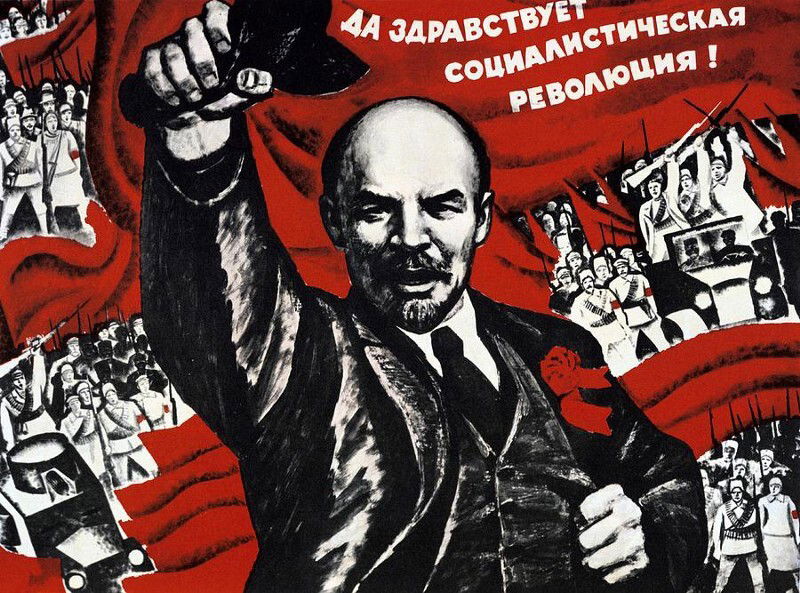Political

Russia was ruled by an absolute and despotic monarchy, where the desire of the sovereign considered the law as is. The king thus governed with unlimited power, ruled arbitrarily, without providing anyone their acts of sin nor respecting the freedoms; most areas of Russian society obtained a reason to be malcontent with the current autocratic framework. They had no portrayal in government, and the Tsar stayed withdrawn from individuals’ concerns. Vexation, in regards to the Russian absolutism, ended in the Bloody Sunday massacre, in which Russian laborers observed their supplications for equity dismissed as vast numbers of unarmed protestors were shot by the Tsar's troops. Nicholas delivered his October Manifesto when the response to the massacre injured the nation, inevitably promising a democratic parliament (the State Duma) to gratify the people. However, these disillusioned expectations of democracy charged revolutionary ideas and violence designated towards the Tsarist regime when the Tsar invalidated Nicholas’s promises of democracy (with Article 87 of the 1906 Fundamental State Laws), and excused the first two Dumas when they proved uncooperative. Subsided from the economic and social problems tormenting the nation, the Russian Empire was yet recovering from an immense defeat at the Russo-Japanese War of 1905. Of due cause, Nicholas needed to impel the assorted people under his empire under a solitary standard by coordinating military force at a common enemy; distracting the people from the continuous issues of poverty, inequality, and helpless working conditions that were sources of discontent. It is to be deduced in the future that, rather than reestablishing Russia's political and military standing, World War I would lead to great military calamities on the Russian side and subverted it further.
